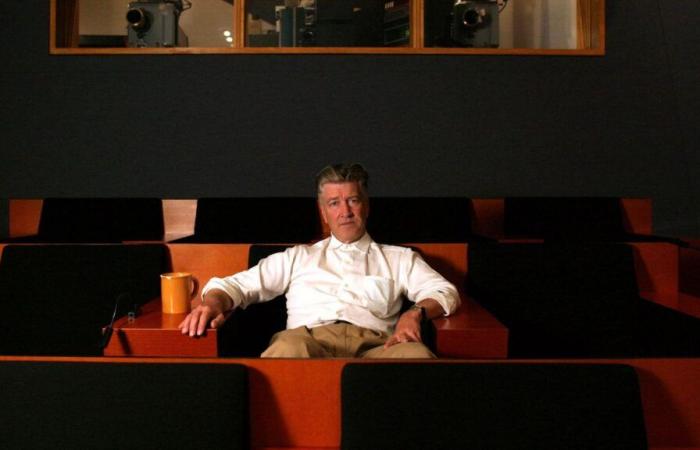Director, musician, screenwriter, writer, sculptor… The multidisciplinary artist David Lynch died at the age of 78, leaving behind an original and experimental filmography. His eye, both dark and dreamlike, has enabled a real renaissance of fantasy in Hollywood, the series Twin Peaks in mind. Unlike his colleagues like Spielberg, Lynch never had access to cinemas and discovered cinema through a technical process. Beautiful proof of his precision and his touch imbued with a darkness which has never ceased to amaze. So, a look back at the career of a legendary filmmaker.
Passion for Art
David Lynch has always been attracted to art in all its forms. He lived a nomadic childhood with a father who moved often, forging the character of a solitary artist. As part of his documentary David : Lynch The Art of Lifethe director Jon Nguyen explained to Vice an anecdote about the filmmaker he followed for some time: “Many of his works incorporate a radio and in the documentary he talks about the time when he went to college and, after saying goodbye to his father, he sat in his room for two weeks without ever leave the room he was in. He just listened to the radio until the battery died. It was very strong for me.”
The one who was born in Montana in 1946 quickly developed a passion for painting and enrolled in the Pennsylvania Fine Arts School where he shared a room with the musician Peter Wolf. With his diploma in hand, he made his very first film, a one-minute animated piece which was proposed during his academy’s sculpture and painting competition. At the time, Lynch s’inspire d’Edward Hopper and of Francis Bacon. No wonder when we observe his universe from his beginnings and his first film Eraserhead in 1976, now a classic of the independent seventh art. Later, the director of the absurd Mel Brooks entrust him with the project Elephant Man shot in black and white which won the César for best foreign film in 1982.






